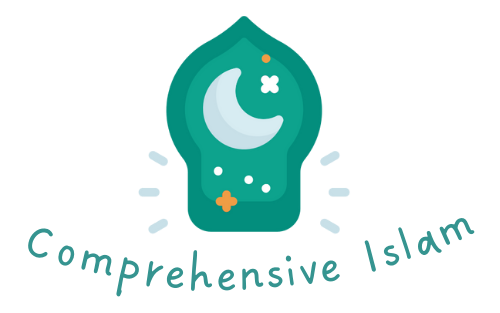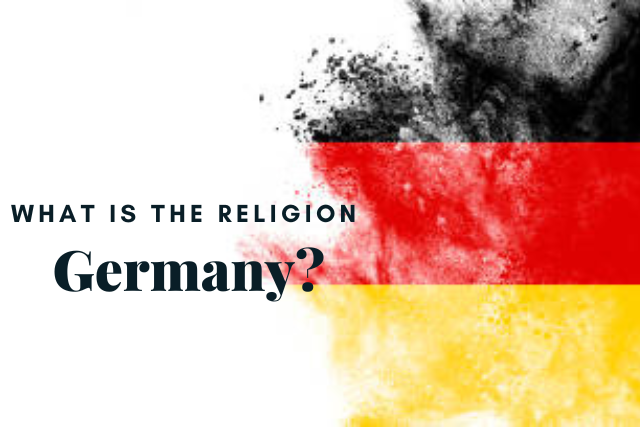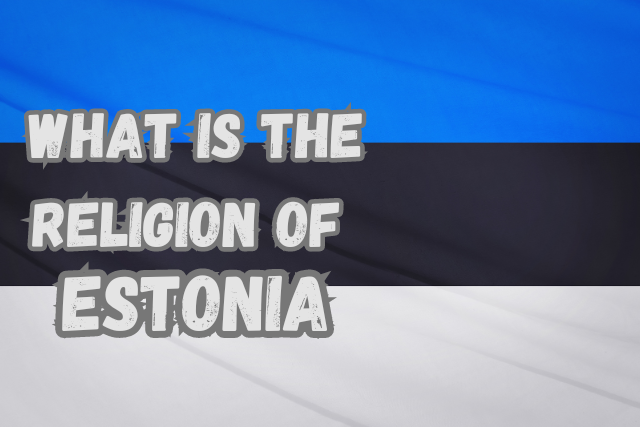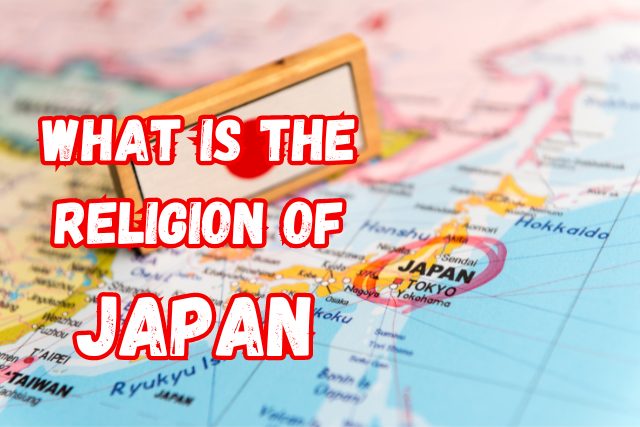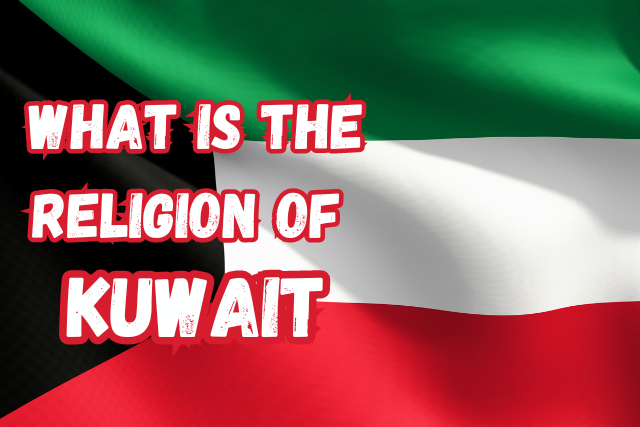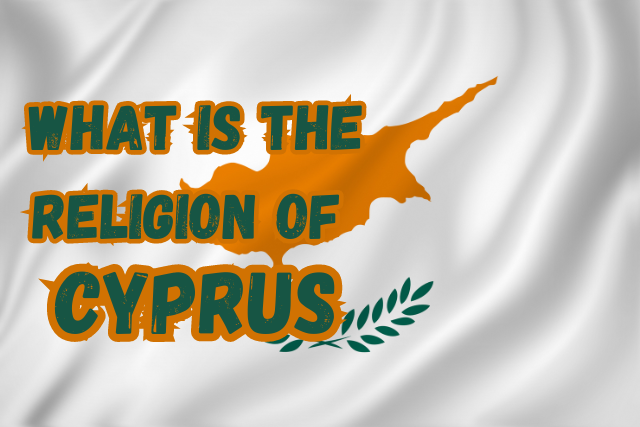What is the Religion of Iraq | Beyond Borders
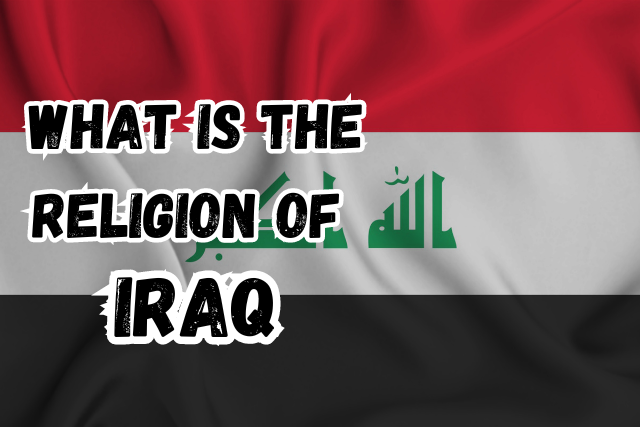
Welcome to the ancient land of Iraq, where history unfolds like pages in a fascinating book. I’ll peek into the diverse tapestry of religions that have shaped the cultural identity of this Middle Eastern nation.
In Iraq, people follow different faiths, and one of the most prominent is Islam. Islam has various branches, and in Iraq, you’ll find both Sunni and Shia Muslims.
These communities have unique traditions and celebrations that add vibrant colors to the country’s cultural landscape. Additionally, smaller groups are practicing Christianity, Yazidism, and other ancient beliefs, creating a rich mosaic of religious diversity.
Let’s discover how these various beliefs contribute to the nation’s unique cultural heritage. Get ready to explore the religious wonders that make Iraq a captivating and diverse land.
Islam | What is the Religion of Iraq?
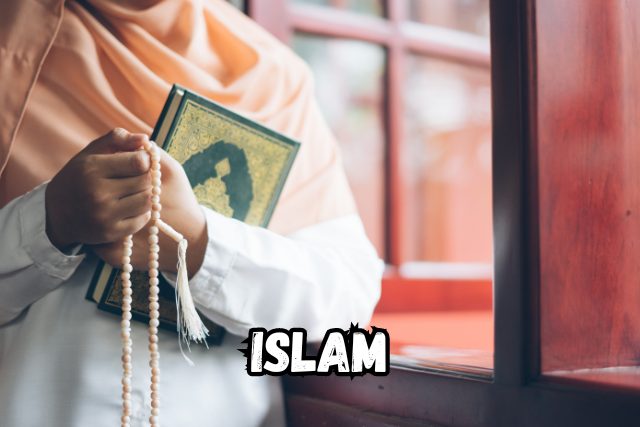
The predominant religion in Iraq is Islam, and it plays a significant role in the lives of the majority of Iraqis. The two main branches of Islam, Sunni and Shia, coexist in Iraq, making it a unique blend of religious diversity. Sunni Muslims make up the majority, while Shia Muslims form a significant portion of the population.
Main Branches
Iraq is predominantly Shia Muslim, which means the majority of Iranians follow the Shia branch of Islam. However, there is a minority of Sunni Muslims in the country as well. Both branches share a common foundation in the teachings of the Prophet Muhammad.
Sunni Islam
Most Iraqis are Sunni Muslims. They follow the teachings of Prophet Muhammad and believe in the importance of community unity. Sunni Muslims pray together and share a common way of practicing their faith.
Shia Islam
Shia Muslims make up a considerable part of Iraq’s population. They have a special reverence for the family of Prophet Muhammad, especially his cousin Ali. Their religious practices and traditions may differ from Sunni Muslims.
Holy Cities and Shrines
Iraq is home to holy cities like Najaf and Karbala, significant for both Sunni and Shia Muslims. Especially, Karbala is a sacred place for Shia Muslims. Karbala holds ceremonies to honor the sacrifices made by Prophet Muhammad’s family.
Ramadan
Muslims in Iraq celebrate Ramadan, a month of fasting from sunrise to sunset. It’s a time for reflection, prayer, and sharing with those in need. The end of Ramadan is marked by the joyous festival of Eid al-Fitr.
Mosques
Throughout Iraq, you’ll find mosques, which are like special buildings for Muslims to pray. They have domes and minarets and are places of peace and community.
Islam’s Values in Daily Life
Iraqi Muslims, whether Sunni or Shia, follow the values of Islam in their daily lives. These include being kind, helping others, and showing respect to everyone, creating a society based on love and understanding.
Christianity

Iraq has a long history of Christian communities, including Chaldeans, Assyrians, and Syriacs. Denominations such as the Chaldean Catholic Church and the Assyrian Church of the East coexist.
Diverse Christian Communities
Iraq hosts a mosaic of Christian communities, each contributing to the country’s religious diversity. Prominent groups include Chaldeans, Assyrians, and Syriacs, each with unique traditions and cultural identities.
Places of Worship
Christians in Iraq gather in churches, which serve as their places of worship. These churches, adorned with religious symbols and artwork, are not just spaces for prayer but also community hubs for social gatherings and religious events.
Denominational Diversity
Within the Christian population, different denominations coexist. The Chaldean Catholic Church and the Assyrian Church of the East are examples of distinct denominations. Each with its liturgical practices, beliefs, and religious leadership.
Core Beliefs
Christianity in Iraq, as in other parts of the world, centers around the teachings of Jesus Christ. Christians believe in the values of love, kindness, and helping others. The Bible, their sacred text, guides them in matters of faith and morality.
Celebratory Traditions
Christian Iraqis celebrate key events in their faith, such as Christmas and Easter. Christmas marks the birth of Jesus, and Easter commemorates his resurrection. These celebrations are joyous occasions that bring families and communities together.
Challenges
In recent years, Christians in Iraq have faced challenges, including displacement and persecution. Despite these hardships, many Iraqi Christians exhibit remarkable resilience, holding onto their faith and cultural heritage. Efforts to preserve their traditions contribute to the enduring tapestry of religious diversity in the region.
Yazidism
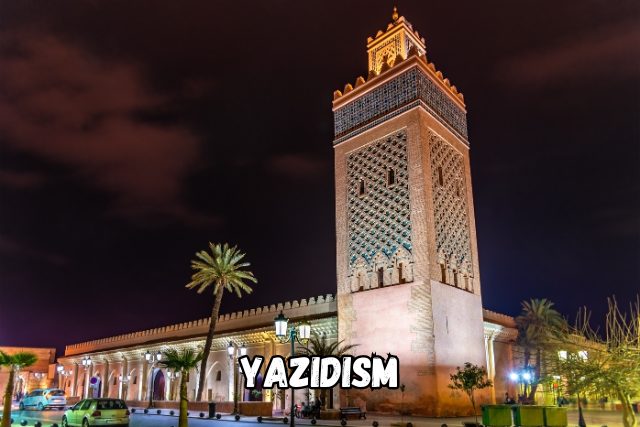
Yazidis follow a distinct belief system, incorporating elements from different religions. The Baba Sheikh, their spiritual leader, guides the community, and Lalish, a sacred site in Iraq, serves as a place of pilgrimage.
Yazidis and Their Beliefs
Yazidis are followers of Yazidism, a unique religion with roots in Mesopotamian traditions. They have their own beliefs, practices, and a distinct way of understanding the divine.
Spiritual Leader
The Yazidi community looks up to Baba Sheikh as their spiritual leader. He guides them in matters of faith and serves as a revered figure within the community.
Sacred Sites
Lalish is the holiest site for Yazidis, situated in Iraq. Pilgrims visit Lalish for religious ceremonies and to connect with their faith. It holds special significance in Yazidi religious practices.
Core Beliefs
Yazidis believe in one God and have a unique angelic hierarchy. Melek Taus, the Peacock Angel, plays a central role in their faith. Yazidis emphasizes purity, humility, and helping others as core principles.
Rituals and Practices
Yazidis have specific rituals, including purification ceremonies and prayer sessions. These practices help Yazidis connect with their spirituality and maintain a sense of community.
Mandaeism
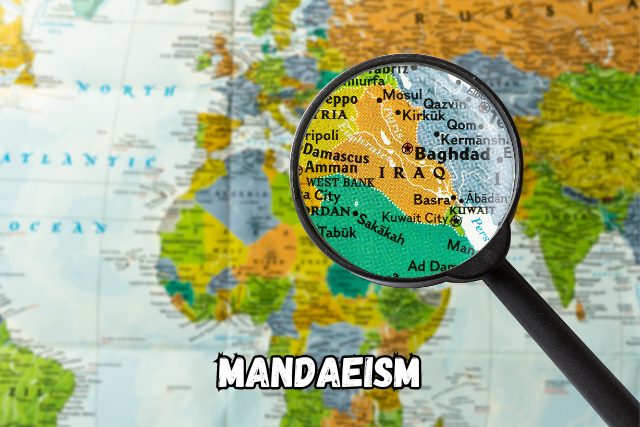
Mandaeans adhere to an ancient Gnostic religion centered around John the Baptist. Their unique rituals, including baptism in flowing water, contribute to their rich cultural and religious heritage.
Mandaeans and Their Beliefs
Mandaeans are followers of Mandaeism, an ancient Gnostic religion. They have distinct beliefs that date back thousands of years, making them a unique community in Iraq.
Spiritual Figures and Sacred Texts
Mandaeans look to John the Baptist as a key spiritual figure. Their holy book, the Ginza Rba, contains teachings and stories that guide Mandaeans in their faith and daily lives.
Baptism in Flowing Water
A central ritual in Mandaeism is baptism in flowing water. This symbolizes purification and spiritual renewal, and it holds great significance in their religious practices.
Small Community, Rich Heritage
While Mandaeans constitute a small community, their religious heritage is rich and deeply ingrained in their identity. They have preserved their traditions over centuries, contributing to the cultural diversity of Iraq.
Unique Contributions
Mandaeism adds a unique thread to the religious fabric of Iraq. Their ancient wisdom and rituals, including baptism and adherence to the Ginza Rba, contribute to the cultural richness of the nation.
Final Thoughts
In conclusion, Iraq is a land of diverse religions, each contributing to the country’s rich cultural tapestry. People in Iraq practice various faiths, including Islam, Christianity, Yazidism, and Mandaeism. Each religion has its unique beliefs, traditions, and places of worship.
These religions bring a sense of unity and diversity to Iraq, showing how people with different beliefs can coexist harmoniously. Understanding and respecting each other’s faiths create a colorful mosaic that makes Iraq a unique and vibrant nation.
FAQs
What is the religion of Iraq?
The main religion in Iraq is Islam. Most Iraqis are either Sunni or Shia Muslims, following the teachings of Prophet Muhammad (PBUH).
Are there Christians in Iraq?
Yes, there are Christians in Iraq. They belong to various communities, such as Chaldeans, Assyrians, and Syriacs, practicing their faith with unique traditions.
What is Yazidism?
Yazidism is a unique religion in Iraq with its own beliefs and practices. Yazidis follow the teachings of Baba Sheikh and consider Lalish, a sacred site, significant in their faith.
What was Iraq’s first religion?
The first religion in Iraq dates back to ancient times, with early civilizations practicing Sumerian and Babylonian religions.
Is there religious freedom in Iraq?
Iraq recognizes religious freedom in its constitution. However, there have been challenges, and religious minorities have faced issues.
